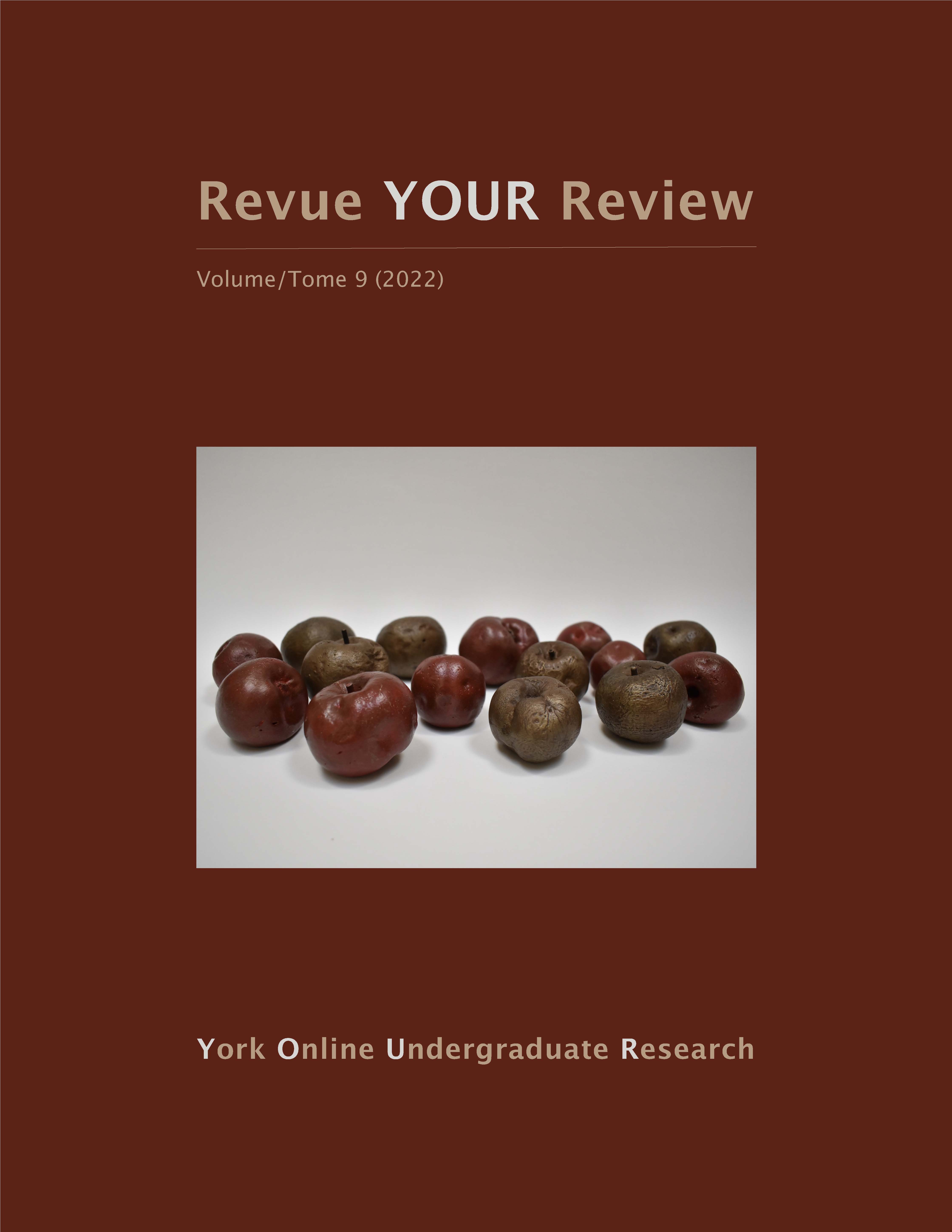Rafael Correa’s Failed Vision of Development Prosperity
Abstract
In 2007, a new progressive government led by Rafael Correa was elected to power in Ecuador. The presidency of Correa had constituted debates coming from social movement groups arguing against the extraction of natural resources. The exploitation of natural resources in the Amazon region became a large component in Correa’s administration (Riofrancos, 2020, p. 5). The idea to extract resources such as oil was viewed as a way to eradicate poverty and inequality. Correa justified resource extractions as means to generate state revenues for economic prosperity (Becker 2013, p. 54). The intensive form of extraction of resources was framed as the extractive development model. On the other hand, social movement groups, specifically Indigenous movement groups have argued against the extractive development model. The resistance against extractivism is generated from years of protest against neoliberal practices promoting the exploitation of natural resources (Riofrancos, 2020, p. 5). The fundamental purpose of this research is to examine how Correa’s extractive development model failed to generate development for Ecuador. Additionally, the research identifies conflicts over land rights and the contradiction of the Constitution violating the rights of Indigenous territories. Through an analytical examination of scholarly articles, this research demonstrates that resource extraction has resulted in environmental consequences. The research argues that the extractive model creates an unsustainable economy, generates ecological damages, and results in the displacements of Indigenous communities.
Downloads
Published
How to Cite
Issue
Section
License

This work is licensed under a Creative Commons Attribution-NoDerivatives 4.0 International License.
Authors contributing to Revue YOUR Review agree to release their articles under one of three Creative Commons licenses: Creative Commons Attribution 4.0 International; Creative Commons Attribution-NonCommercial 4.0 International; or Creative Commons Attribution-NoDerivatives 4.0 International. All editorial content, posters, and abstracts on this site are licensed under Creative Commons Attribution-NoDerivatives 4.0 International. For further information about each license, see:
https://creativecommons.org/licenses/
In all cases, authors retain copyright of their work and grant the e-journal right of first publication. Authors are able to enter into other contractual arrangements for the non-exclusive distribution of the e-journal's published version of the article (e.g., post it to an institutional repository or publish it in a book or in another journal), with an acknowledgement of its initial publication in this e-journal.


